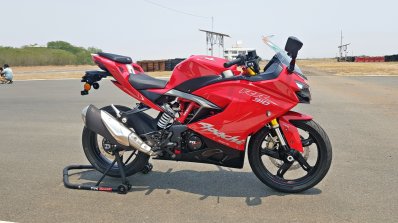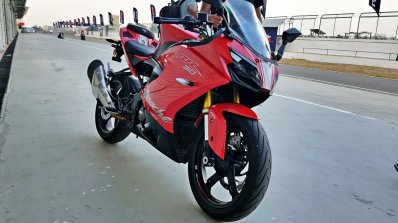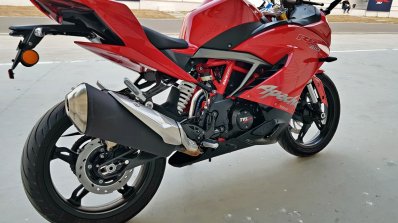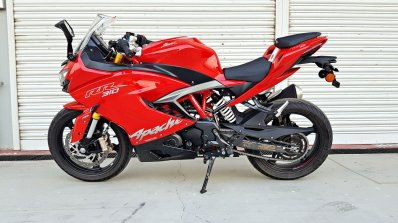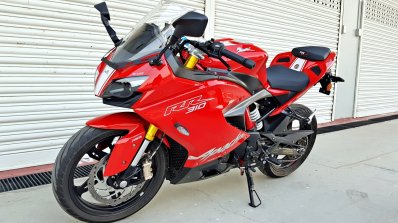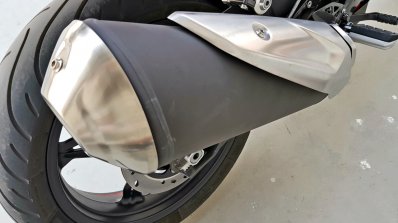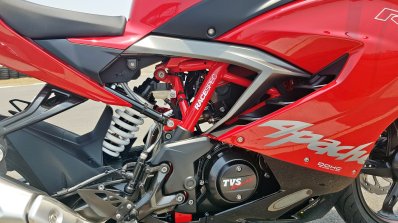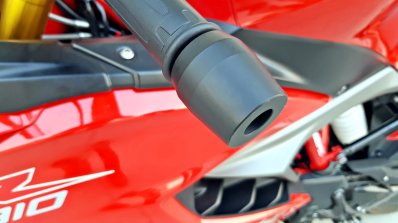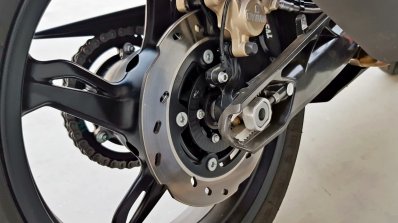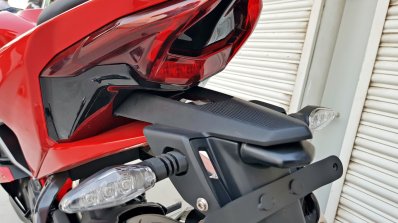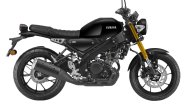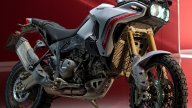Government of India likely to go slow on pushing electric mobility - Report
The government is likely to go slow on electric mobility for the next few months, reports The Times of India. Citing government sources, the report further adds that the proposal to ban the sale of internal combustion engine-powered two- and three-wheelers post-2025 and 2023 respectively is also not being pushed aggressively.
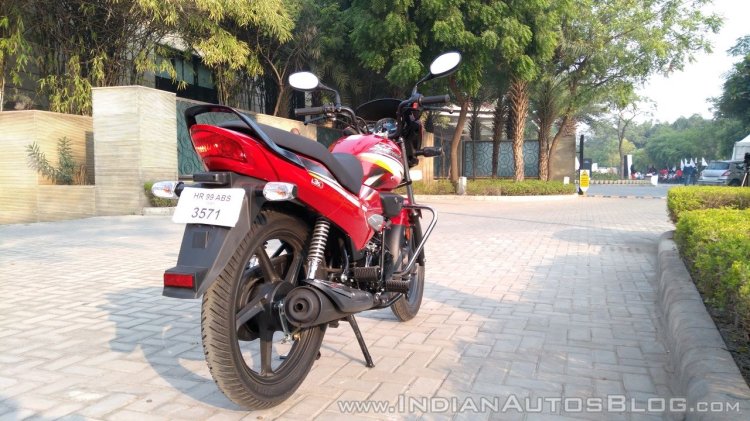
Also Read: Hero MotoCorp announces 1% price hike for motorcycles and scooters
The decision to slow down the push towards electric mobility is to provide some solace to the auto industry, which is going through a slump. The government is likely to grow the share of electric vehicles gradually. Moreover, the government has also put the revision of registration charges for petrol and diesel vehicles on hold for now.
Regular readers would know that a draft notification from Ministry of Road Transport & Highways had proposed an increase of Registration Charges of new vehicles by 10 to 20 times. The revised registration charges will affect the on-road prices of the vehicles. Check out the current and the proposed registration charges in the table below:
| Vehicle Class | Proposed Registration Fee | Current Registration Fee |
| Two-wheelers | INR 1,000 | INR 50 |
| Cars | INR 5,000 | INR 600 |
| Trucks/buses | INR 20,000 | INR 1,500 |
| Medium good/passenger vehicles | INR 20,000 | INR 1,000 |
Meanwhile, the government reduced the GST rates and offered various tax benefits on electric vehicles. The GST council reduced the rates to 5%, as against 12% previously. Electric two-wheeler brands like Ather Energy, Okinawa Autotech and Ampere Electric have announced reduced on-road prices for its products. The government had also announced the FAME-II scheme with a bigger allocation (INR 10,000-crore) than the FAME-I (INR 895 crore). However, only five manufacturers comply with the guidelines announced under FAME-II.
The auto industry, too, has been seeking a GST reduction for internal combustion engine-powered vehicles, although the government is yet to make an announcement there. Manufacturers seek a revised GST rate of 18% as against the existing 28%.
In other updates, Society of Indian Automobile Manufacturers (SIAM) has asked the government to allow the registration of BS-IV compliant vehicles post-April 1 to ensure stock clearance. However, that proposal is not likely to go through. The Supreme Court had turned down the same request by manufacturers previously.
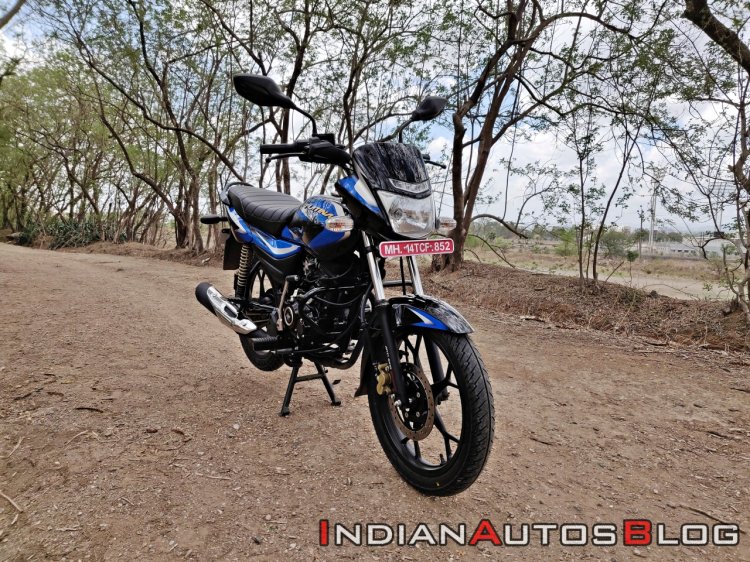
Also Read: High-end Bajaj-KTM electric bike under consideration
Most manufacturers are likely to start rolling out BS-VI products by the end of 2019. Honda Motorcycle and Scooter India, for example, will most likely launch its first BS-VI vehicle, the Activa 125, in September 2019. Hero MotoCorp is likely to introduce the Splendor iSmart BS-VI very soon.
Images used for representation only
[Source: timesofindia.indiatimes.com]
